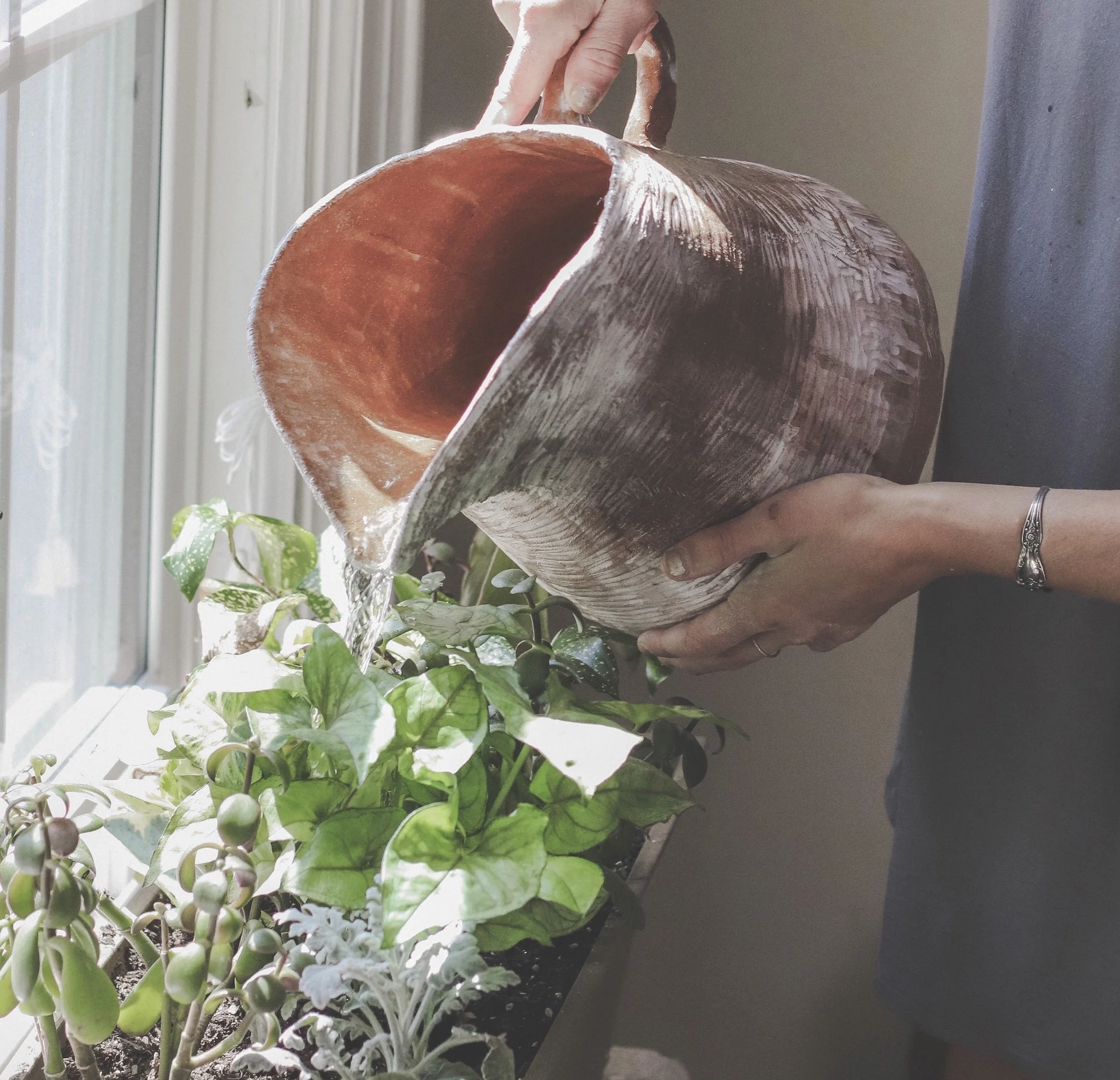Celebration
May the Son of God who is already formed in you grow in you … that in you he will become laughter, exultation, the fullness of joy which no one can take from you.
– Isaac of Stella
There is something truly arresting about how naturally young children practice celebration. They look forward with open anticipation to birthdays and holidays. They ask for things they like without the least trace of self-consciousness. They meditate about who they want to share all the excitement with—sometimes the more, the merrier; other times they ponder long about the few people they want to be present. They are overjoyed by simple things: layered jello, balloons, lights. They are eager to celebrate the least of things; no occasion is too trivial, no gathering too inconvenient. Celebration is a way of life.
Somehow, it all gets more complicated as we get older. Celebration can seem like a whole lot of extra work within an already-busy stage of life, particularly for those of us who don’t naturally enjoy party planning or thank-you-gift shopping. It can feel like an obligatory concession to cultural expectations. Some of us may have known people who demanded outward acts of celebration in a way that leeched all desire and feeling from them. Maybe celebration seems like an excuse for self-focused indulgence. Or maybe we’re just too nose-to-the-grind, too busy or pragmatic to pause for what doesn’t seem to bring any practical gain.
I am probably a bit of all of the above, which is why I was surprised to learn about celebration as a spiritual practice. In her handbook on spiritual disciplines, Adele Calhoun defines celebration as “a way of engaging in actions that orient the spirit toward worship, praise and thanksgiving … Identifying and pursuing those things that bring the heart deep gladness and reveling in them before the Lord.” Celebration, she writes, enlarges our capacity to enjoy and serve God. It does not depend on perfect circumstances or happy feelings; it can be solemn just as much as it can be exhilarating. Celebration is setting our hearts on God’s joy, in a way which reminds us that we can choose how we respond to any particular moment.
Celebration is entering into God’s reality. We celebrate because heaven is celebrating. “Right now,” Calhoun writes, “the cherubin, seraphim, angels, archangels, prophets, apostles, martyrs, and all the company of saints overflow with joy in the presence of their Creator. Every small experience of Jesus with us is a taste of the joy that is to come. We are not alone—and that in itself is reason to celebrate.”
Celebrating as a regular spiritual practice is a bit culturally counterintuitive. It is not self-glorification—just the opposite: it is a way of identifying God’s joy and glory in some present moment. It is not dependent on good feelings or circumstances, but done because through it we bring the reality of heaven into earth, regardless of our circumstances or feelings. It can be prompted by traditional mores and occasions but is in no way restricted to them. I can celebrate in God’s presence during a quiet moment at home, while out on a walk, through a good meal or a good book. I can do it alone or with others. I can do it while resting or working. I can do it while laughing and maybe even while weeping (Lamentations 3:20-24).
The spiritual disciplines exist as a way of opening ourselves up to the presence of God and work of the Holy Spirit, and the fact is, God is celebrating us. He delights and rejoices over us (Zephaniah 3:17). Celebration opens us up to that, invites us to enter into that truth by practicing in God’s presence whatever brings us gladness, whatever expresses our choice to set our hearts on his joy. As with all things that we practice, sometimes we may feel more like doing it than others, but we do it anyway, because the very act of doing can reveal and transform things within us. Celebration can show us that there is a heaviness or critical spirit about us. It can remind us of our need to consider God’s delight in who we are. It can connect us with the saints who have gone before us. It can challenge us to think about how to encourage someone else.
To live life without celebration is to miss out on the reality of God. His joy, his delight, his desire to make much of us, is threading like a pulse through all of creation, through all the ups and downs of our days, if we have eyes to see it and make space to practice it.





